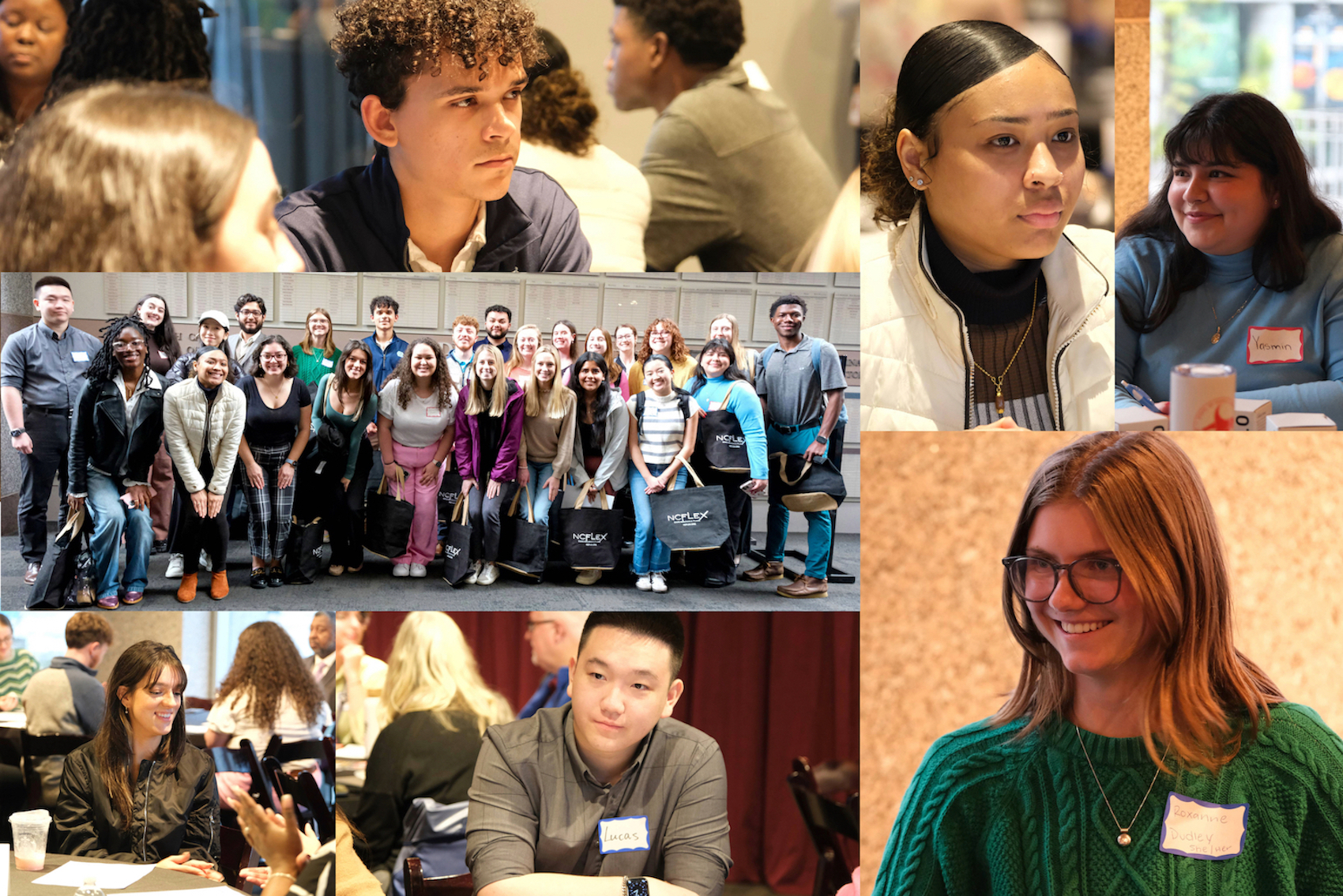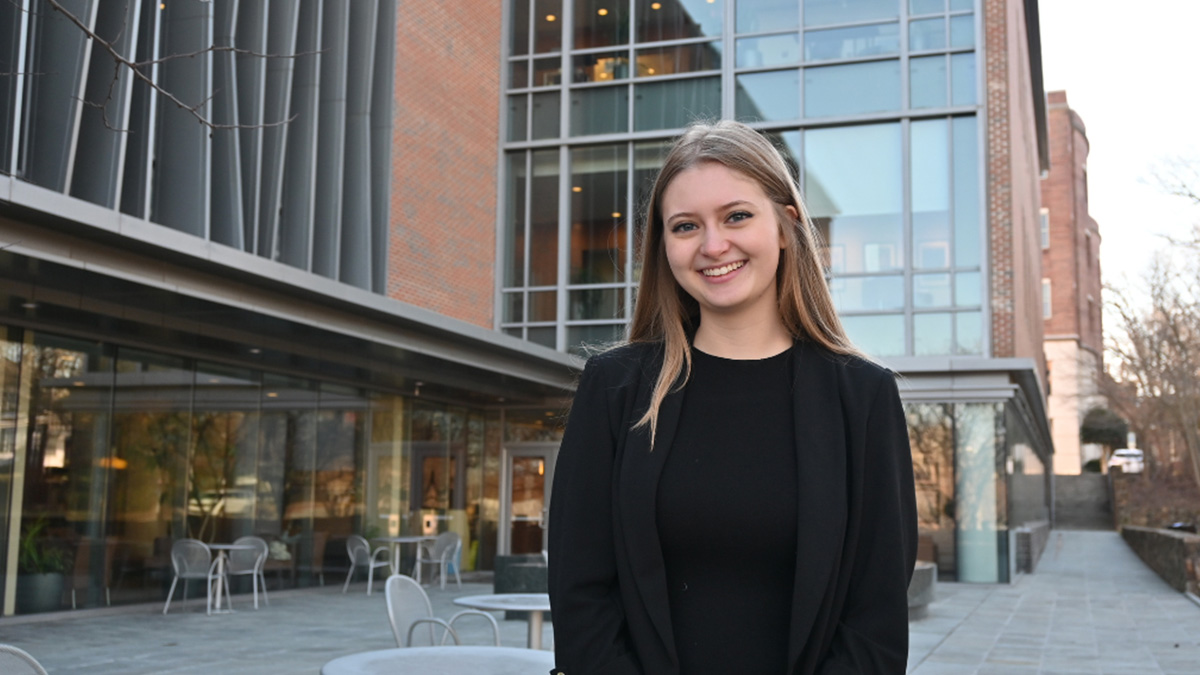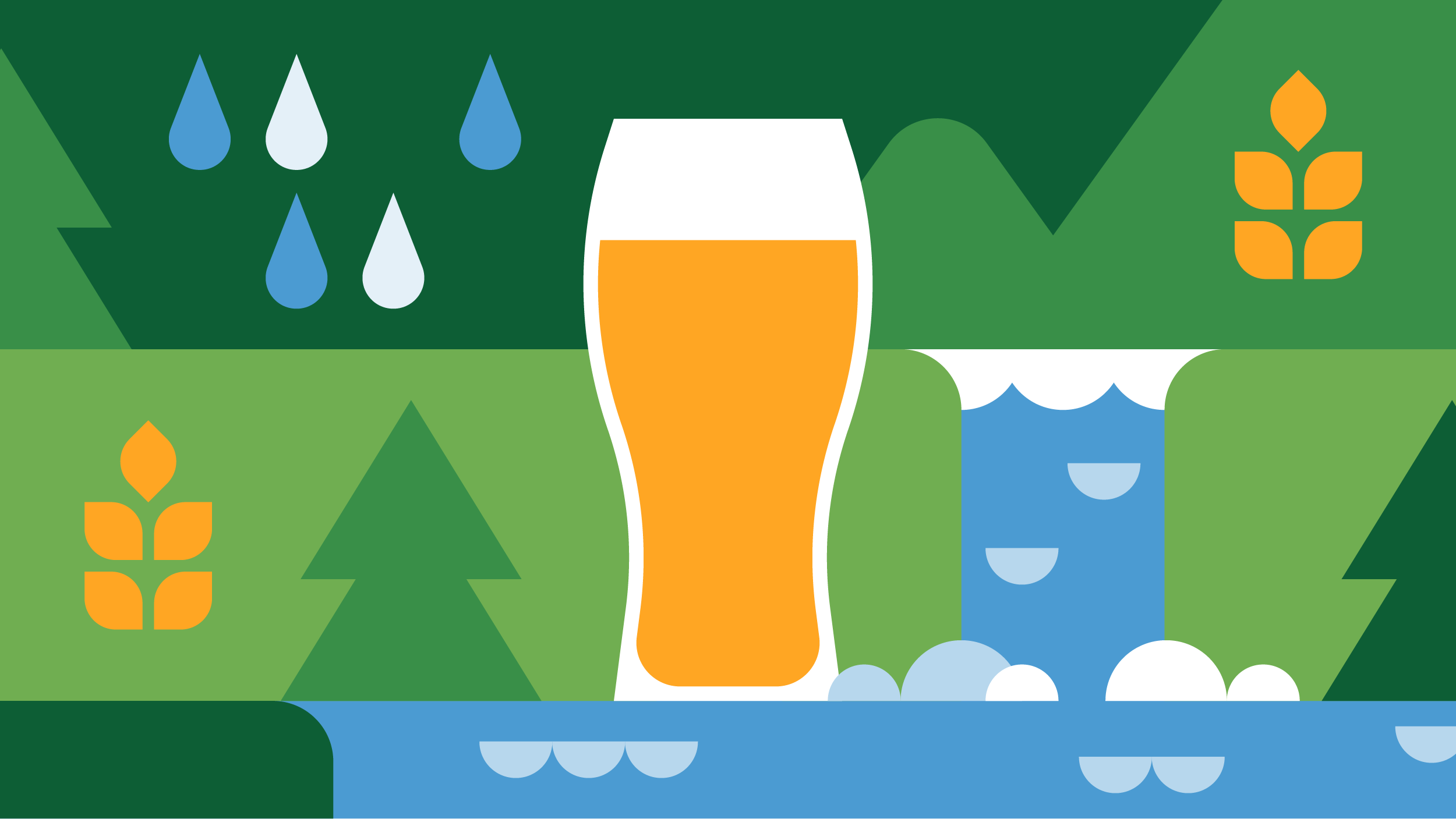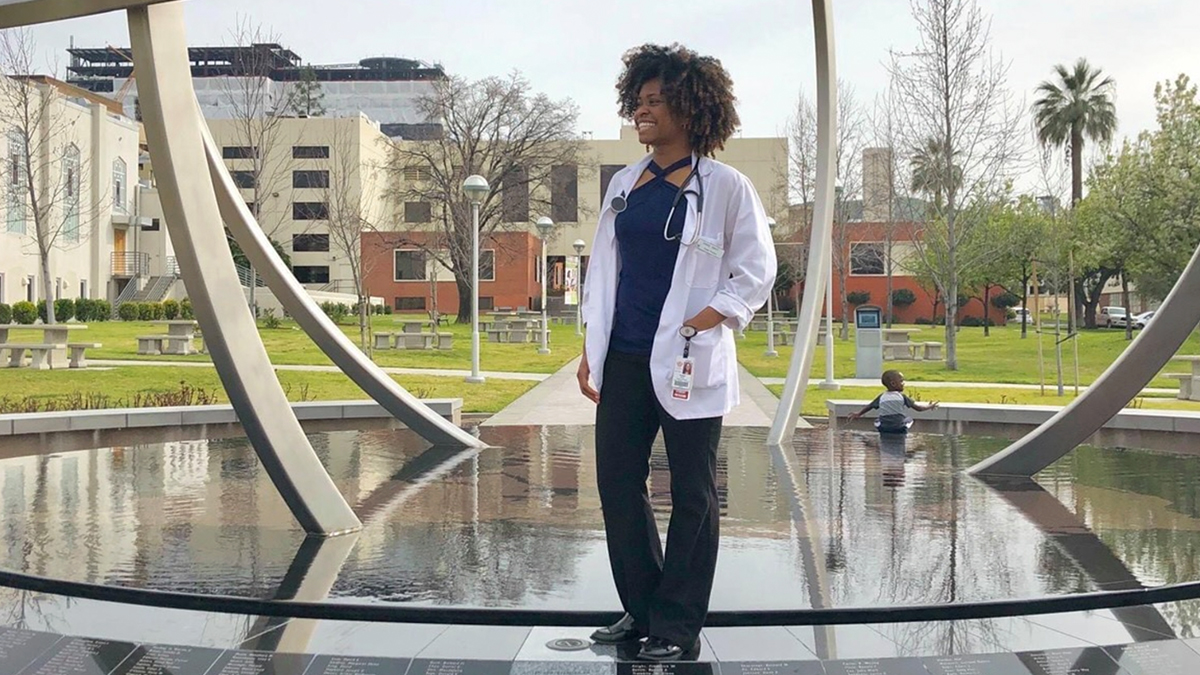From classroom to freezer
Carolina students Will Chapman and Patrick Mateer hope to transform the local food market when they launch their line of flash frozen local produce, Seal the Seasons, later this spring.
Carolina students Will Chapman and Patrick Mateer hope to transform the local food market when they launch their line of flash frozen local produce, Seal the Seasons, later this spring.
With the help of Daniella Uslan, project manager at the UNC Center for Health Promotion and Disease Prevention, the 2015 SECU Emerging Issues prize-winning company will be the first in the Piedmont to flash freeze local produce and make it available year-round to retail and institutional partners.
The company’s mission is to expand the market for local farmers while targeting communities that do not have a lot of access to healthy produce – areas commonly called “food deserts.”

During the pilot run, Seal the Seasons will first process Kale and collards.
“Our businessmodel aims to connect the people who grow food with the people who really need the food,” said Mateer, a 2015 Carolina Bonner Leader who has been a lead volunteer with multiple food relief programs. His research on food insecurity issues shows that food deserts exist because of two major solvable problems in society: the high cost of transportation and the high cost of healthy product.
Seal the Seasons first gained momentum in spring 2013 in a Carolina classroom.
Uslan, whose focus is sustainable agriculture and food economies, was enrolled in professor Alice Ammerman’s public health entrepreneurship class in the Gillings School of Global Public Health where a group project inspired her to design a social venture that linked food waste and food access.
“That sort of brainstorming really led me on this trail of thinking more seriously about starting a business,” Uslan said.
To give the idea some legs, Uslan joined UNC’s Launch the Venture business incubation class and enlisted the help of students – Mateer and Chapman, who have since helped push the original idea into an award-winning company – to round out the Seal the Seasons team.
The CUBE, a Campus Y-based hub that supports Carolina social entrepreneurs, provided legal support, mentoring, startup money and office space.

Seal the Seasons will be the first company in the piedmont to flash freeze local produce and make it available year-round to retail and institutional partners.
One of the company’s goals is to reduce the total number of miles produce has to travel. Chapman, who is pursuing a Masters of Public Health in Nutrition, said that while North Carolina is rich agriculturally, much of what North Carolinians consume is grown elsewhere.
In its pilot run, Seal the Seasons is working with four local farms, each less than 150-200 acres in size.
“We think it’s important right now to stick with small farmers to increase their capacity and make farming more viable for that segment,” Mateer said.
This spring, as the founders prepare for final exams, they will do a test run – buying vegetables from local farmers, processing and freezing the product, and tweaking packaging specifics and nutritional panels. Greens such as collards and kale will be the first products available in retail outlets that include Weaver Street Market and institutional settings such as hospitals, child care centers and schools.
As part of its operations, a portion (10 percent) of Seal the Seasons profits will be used to place retail product in corner stores – increasing access and combating food insecurity, which is a reality for a growing population in the Triangle. The USDA’s Food Access Research Atlas, which enables users to pinpoint the number of low-income, low-access people in any tract of land within a county, is an interactive way to see just how many real, local people these issues affect.
Plans for expansion include creating local production hubs across the state, particularly in food deserts.
The founders believe Seal the Seasons has the potential to rebuild struggling local food economies by increasing access to locally grown crops and reinvigorating North Carolina as oneof the most diverse agricultural states in the nation.
“We are addressing these problems because we feel like it is the right thing to do,” Chapman said. “Seal the Seasons has become an outlet for all these different passions – for human health, for environmental health. It has provided me with a means of applying everything that I have learned in class. That connection between academia and practice is crucial.”




